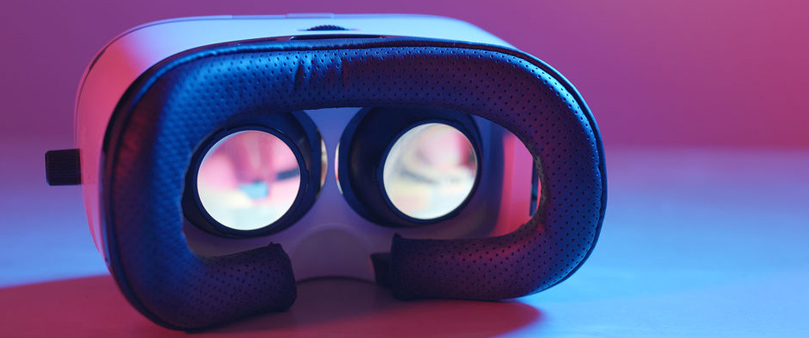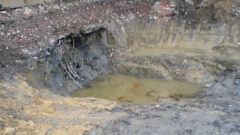
How VR could help investigate fires
A start-up has developed a virtual reality simulation which is helping to train firefighters by recreating the most dangerous situations. RiVR, which is based in Warwickshire and was set up in 2017, has developed software which creates 360-degree interactive scenes that can be used with virtual reality headsets.
The technology can also scan real fire damage and then, using lasers and hundreds of high-definition photographs, recreate the fire in virtual reality to show firefighters or police how it might have started or spread.
Virtual training
Leicestershire Fire and Rescue Service has invested £50,000 in the software, which RiVR has used to build an interactive virtual burned-out warehouse.
Trainees can walk around the warehouse, inspect the street outside, pick up objects, find evidence and assess casualties, even checking their pulse. A trainer can watch the trainees on a computer, seeing first-person, third-person and bird’s eye views, and giving them feedback.
It’s a chance for trainees to prepare for real-life situations that have previously been too dangerous or difficult to replicate in training.
The National Fire Chiefs Council has recommended that all UK fire services adopt the software, and in 2018 VR Focus reported that 30 out of the 47 services had done so. The government is also trying it out as part of police officers’ training.
RiVR CEO Alex Harvey explained: “We’ve been shadowing fire service staff for the last 18 months, going out in fire engines and understanding exactly how firefighters are trained. We needed to see it in real life for us to replicate it in virtual reality.
“However, this isn’t about replacing real-world training. It’s about complementing it. We estimate that 70 per cent of all fire service training can be completed to a high standard using VR.
“When fire services stage a real-life scenario like a fire in a container, it costs around £8,000 every time – they need to provide staff, pay for fuel and put a fire truck on standby. This software saves each fire brigade that amount every time they press the reset button.”
Reality intact
What sets the software apart, so RiVR claim, is how realistic it is. While other virtual reality worlds are like computer games and therefore provoke gameplay-style responses, this programme is intended to look and feel real, eliciting better and more realistic reactions and behaviours.
The company has also produced a number of 360-degree videos to help train fire engine drivers.
If your company is developing technology that could improve the training for public service sectors, you may be able to get a significant proportion of your tax back through the government’s research and development tax credits scheme. R&D tax credits are designed to reward innovation in science, technology and engineering – and at R&D Tax Solutions, we specialise in helping companies make successful claims. Use our r&d tax relief calculator to see how much you could be eligible for and call us at our Manchester office to see how we can help.





